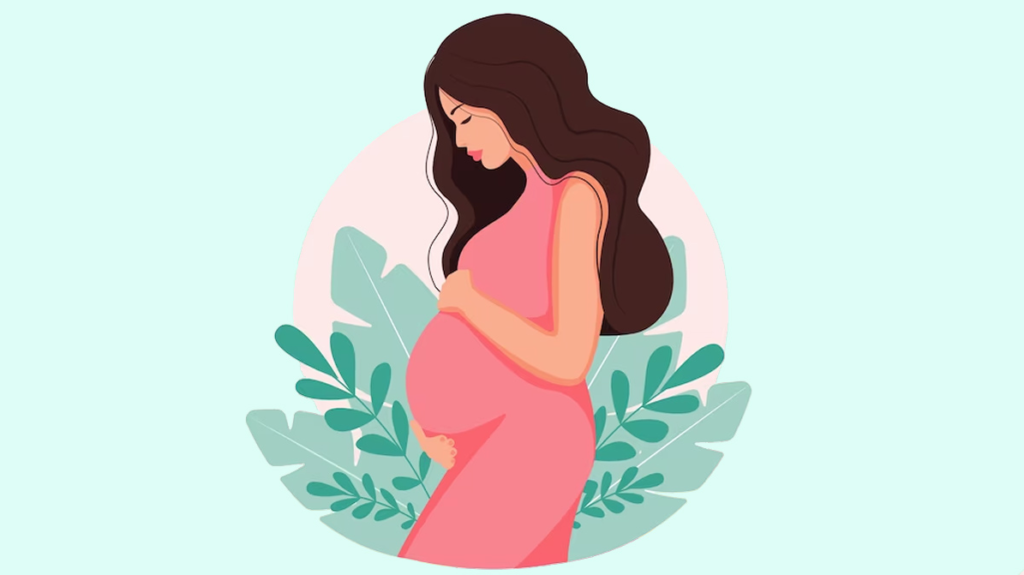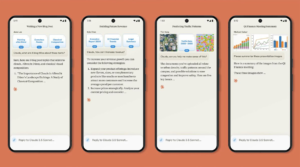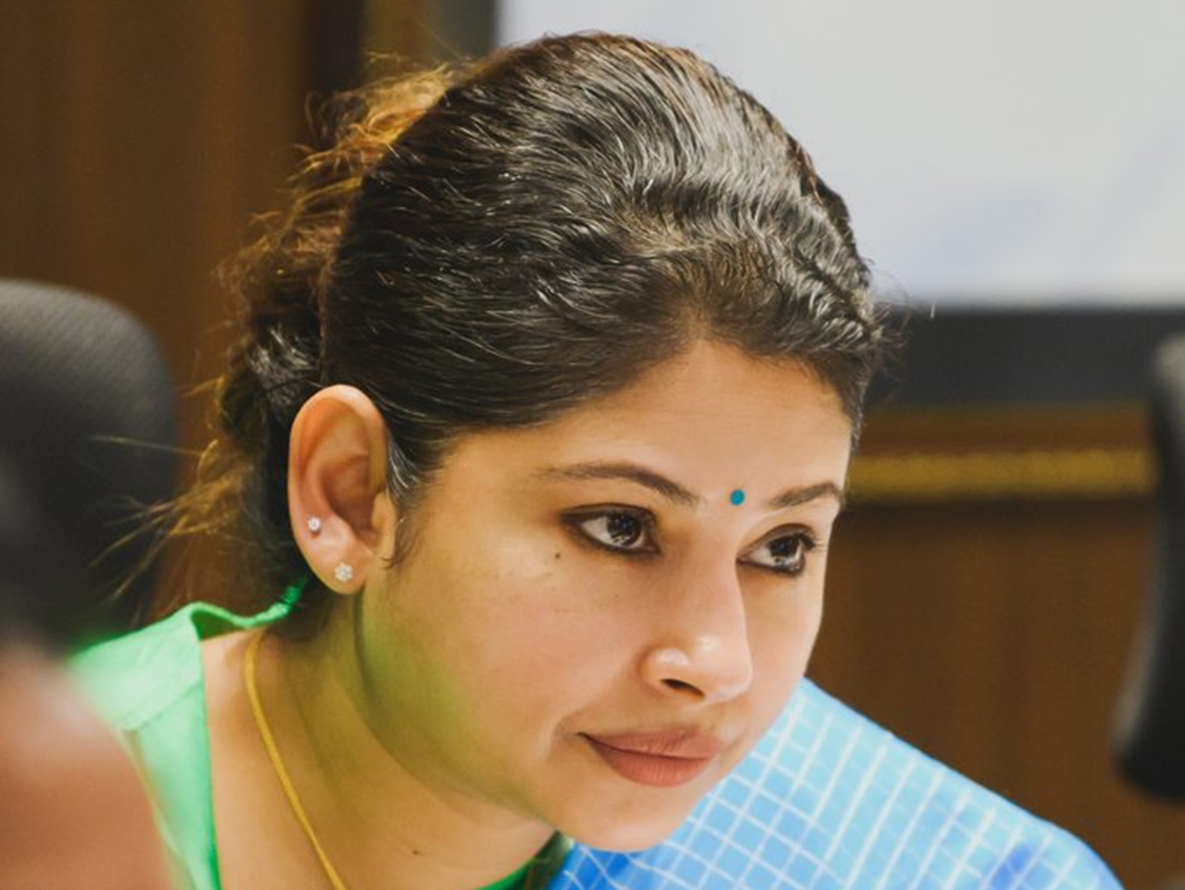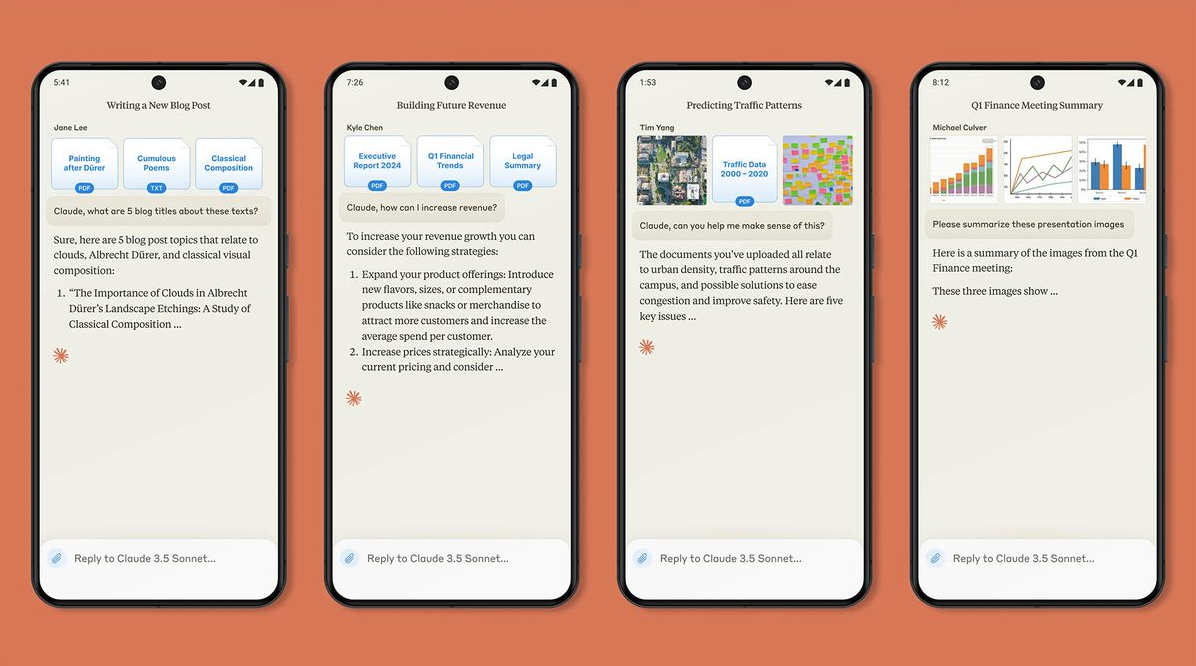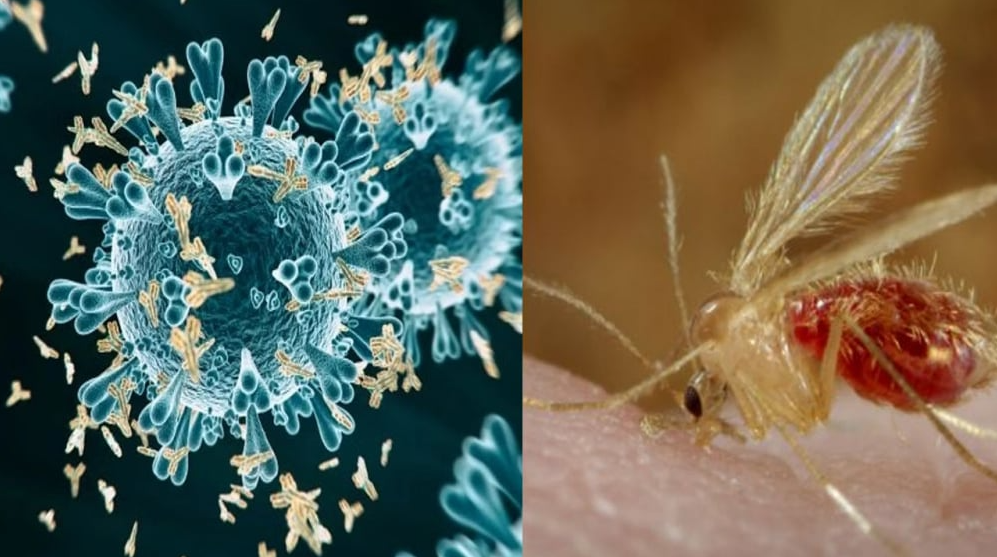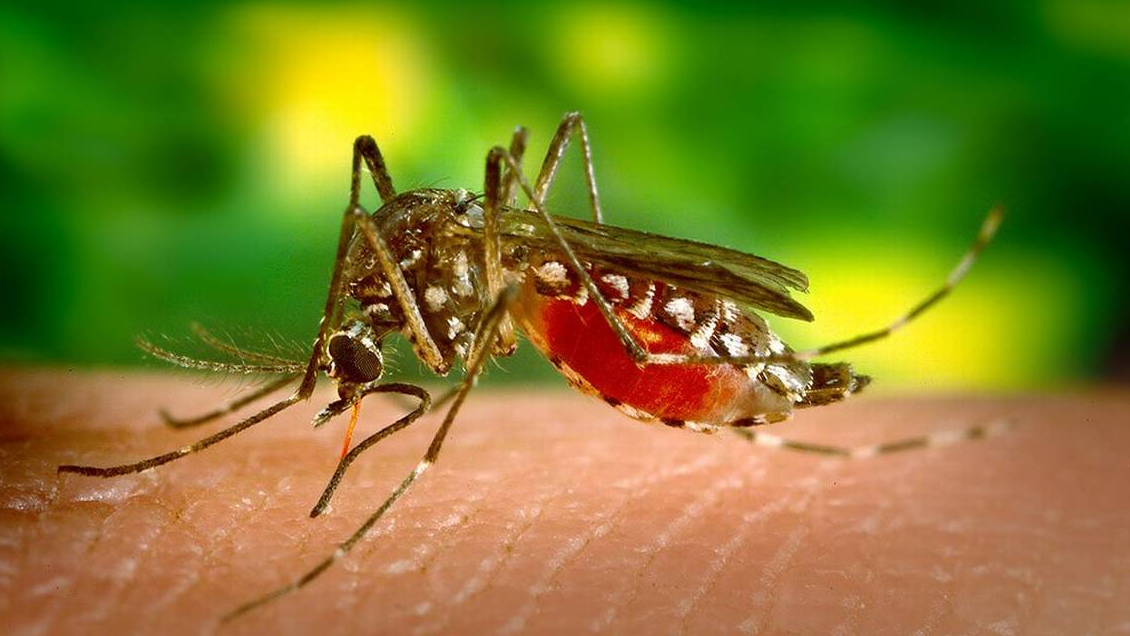While the joy of motherhood is immeasurable, a recent study sheds light on an unexpected aspect: pregnancy’s impact on biological aging in women. Researchers from the Columbia University Mailman School of Public Health delved into this topic, examining 1,735 individuals in the Philippines from 1983 to 2014. Their findings, published in The Proceedings of the National Academy of Sciences, reveal intriguing insights.
How Pregnancy Effects Age
- Aging Acceleration: Women who had never been pregnant exhibited fewer signs of aging compared to those who had experienced pregnancy. For each additional pregnancy, aging accelerated by nearly three months more than expected. This phenomenon highlights the intricate relationship between fertility and longevity.
- Epigenetic Clocks: To compare aging rates, the researchers employed “epigenetic clocks”, which track changes in DNA over time. These clocks help identify markers of aging by measuring physiological regulation. Essentially, they capture signs of aging at a molecular level. Pregnancy, it seems, leaves a detectable imprint on a woman’s biological age.
- Recovery and Residual Aging: While the body typically rebounds and undergoes a recovery process after childbirth, there are instances where this recovery remains incomplete. This incomplete recovery contributes to residual biological aging with each additional pregnancy. The exact reasons for incomplete recovery remain unclear, but following medical advice is crucial for optimal outcomes for both mother and baby.
- Broader Implications: As discussions around women’s reproductive rights continue, understanding the holistic impact of pregnancy on health and livelihood becomes essential. Considering aging as part of this impact can inform better healthcare policies and practices.
In summary, pregnancy is a remarkable journey, but it’s essential to recognize its multifaceted effects. From immune system changes to metabolic shifts, the body undergoes transformations during pregnancy. As we celebrate motherhood, let’s also acknowledge the intricate interplay between fertility, aging, and overall well-being1. 🌟
Further research is needed to fully understand the implications of this association. However, this study opens doors for future investigations into how pregnancy impacts women’s long-term health and exploring potential mitigating factors.


